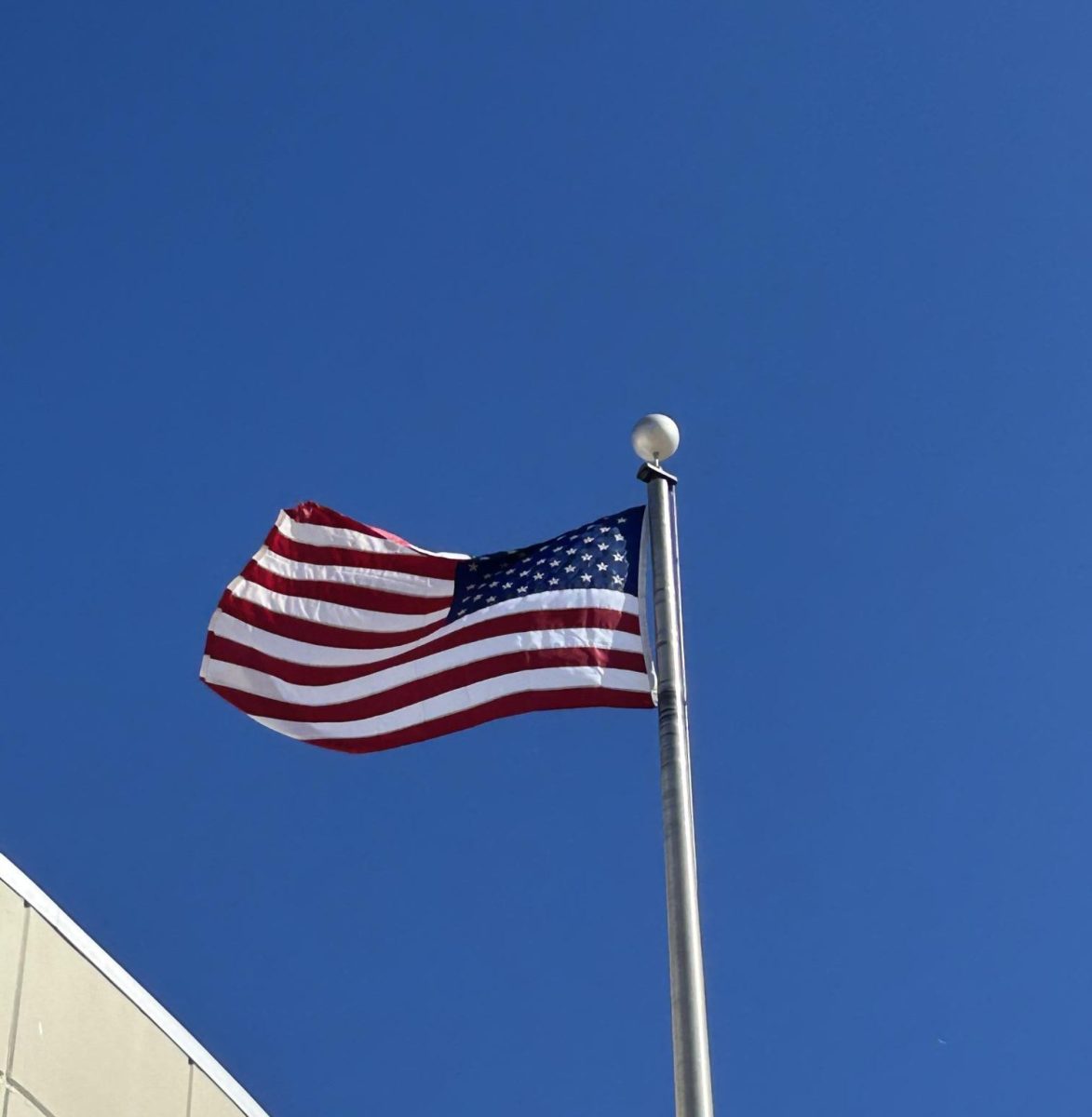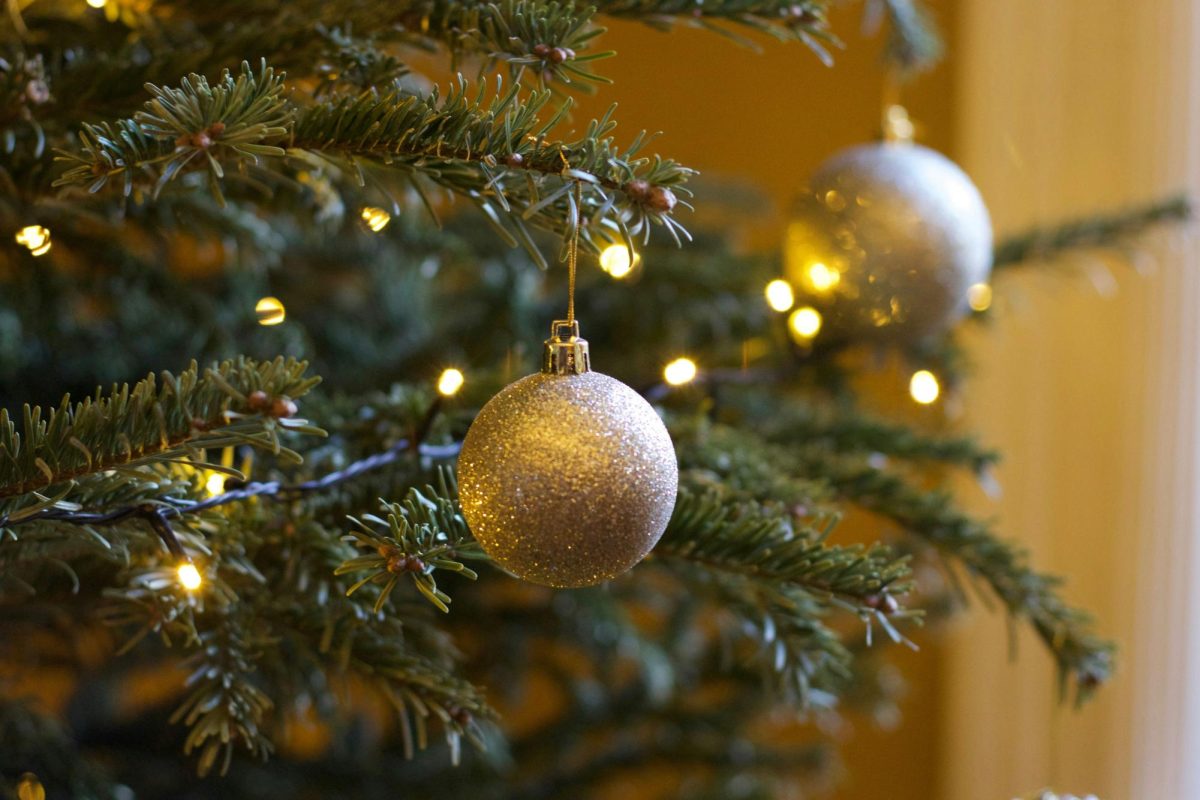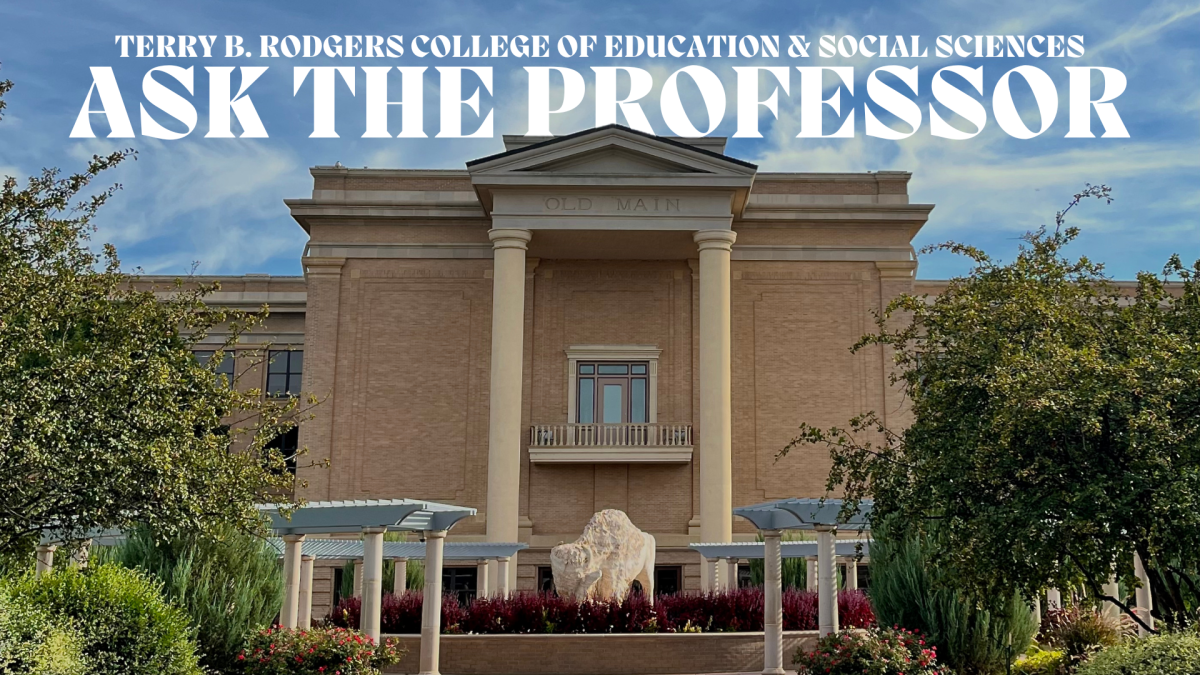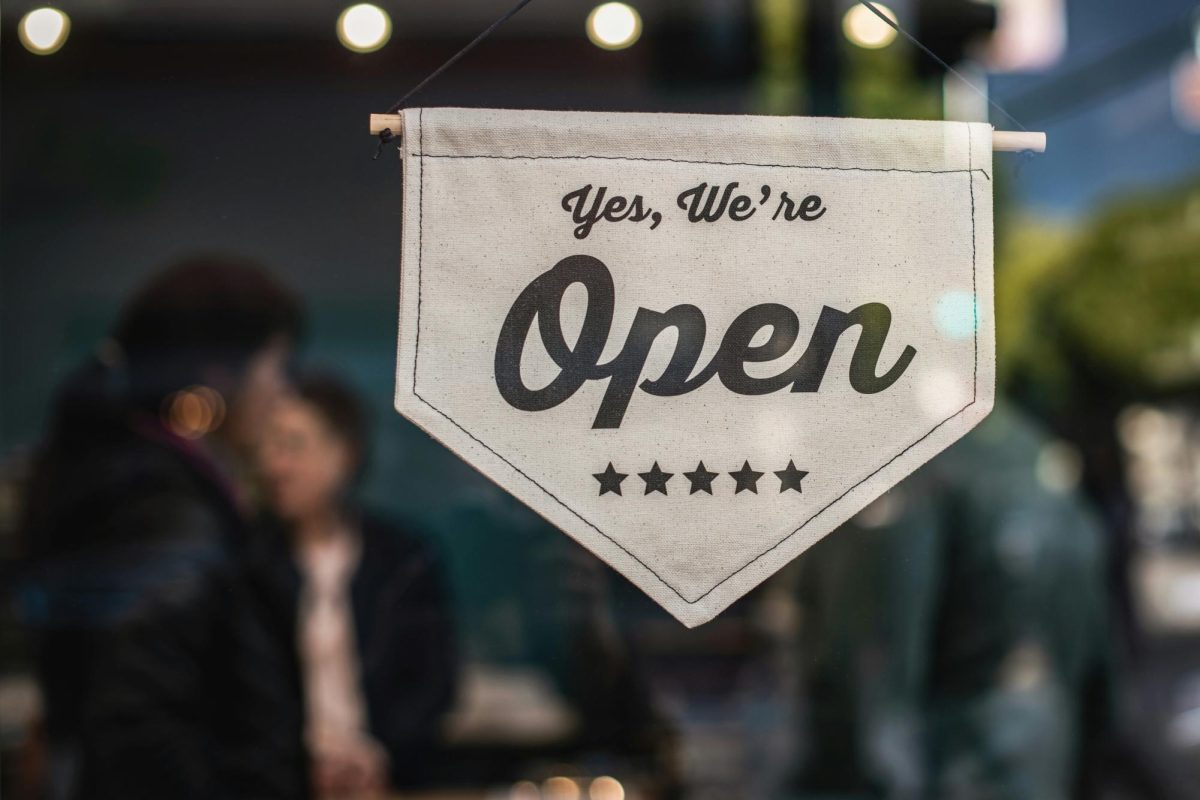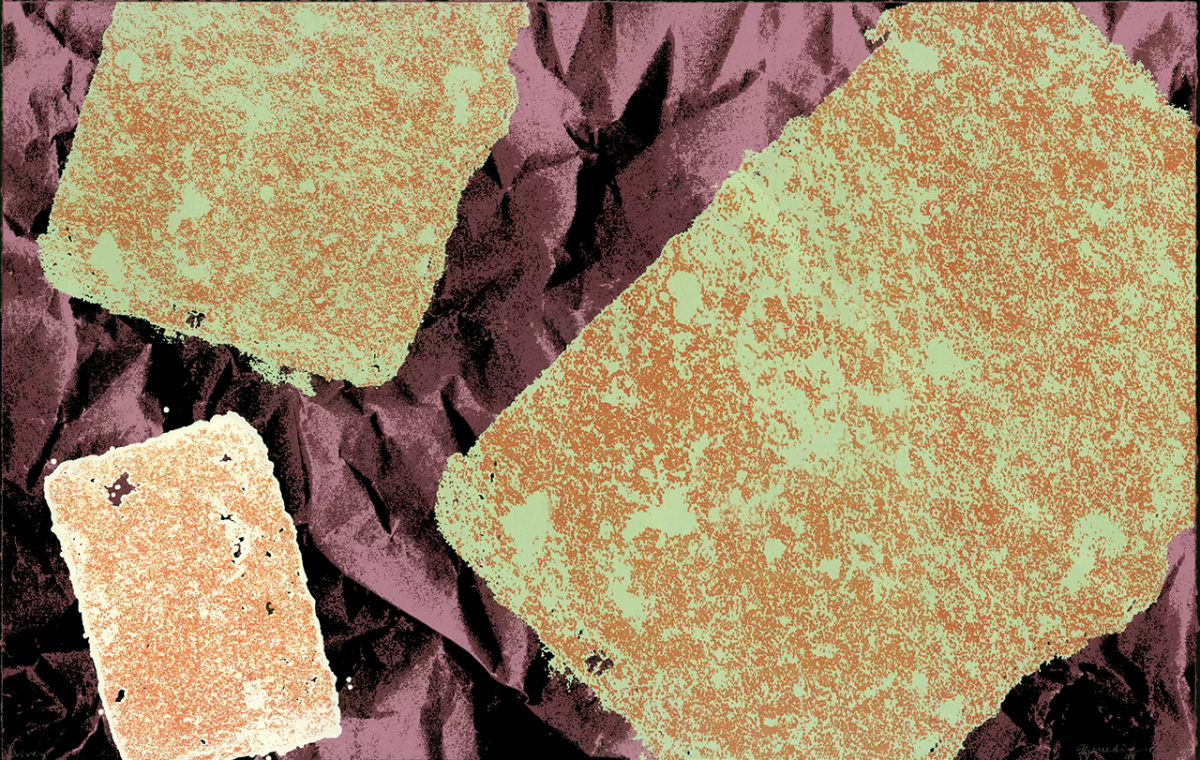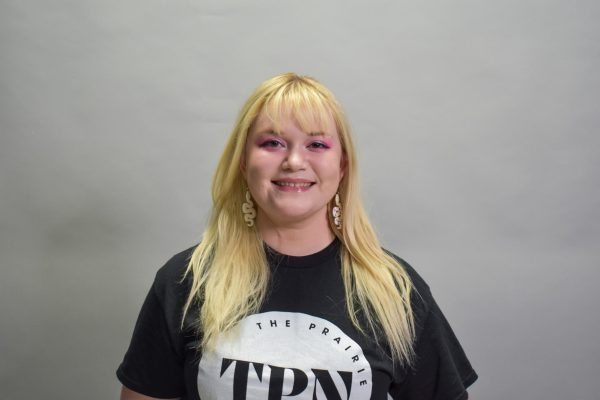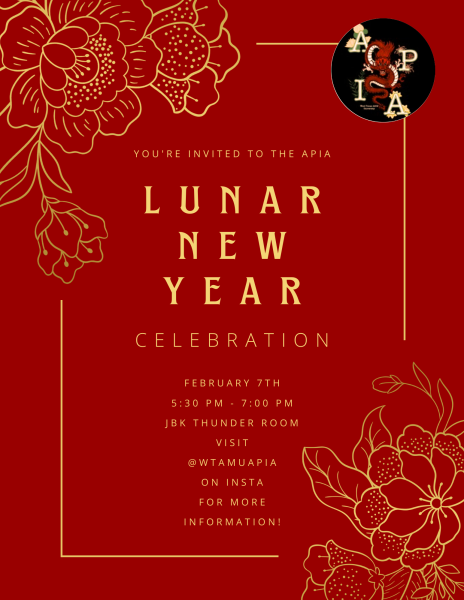
West Texas A&M University’s Asian and Pacific Islander Association (APIA) will bring a celebration of the Lunar New Year to campus on Feb. 7 at 5:30 p.m. in the Thunder Room in the Jack B. Kelley Student Center. Lunar New Year celebrates the beginning of a new year on the lunisolar calendar. This year, the Lunar New Year falls on Feb. 10.
“And there’s actually quite a few people on campus who are going to have like familial celebrations and stuff, which is why we’re having it on Wednesday,” Chloe Barham, an APIA officer, said. “So that way, they can go back and celebrate with family.”
The APIA event will include an explanation of the origins of Lunar New Year, karaoke, snacks and Lunar New Year-themed bingo.
“Instead of numbers, we’re gonna have like little images corresponding to Lunar New Year,” APIA President Michelle Truong said. “Whether that’d be like the dragon or different zodiac animals to like different pictures depicting it relating to the culture, cultural event and tradition and also some fun facts about the holiday itself. And in addition to that, we’re going to bring traditional candy that is usually eaten during the New Year, and explain what is in the candy, what it symbolizes in the culture and give people an opportunity to try it.”
Globally, Lunar New Year is influenced by the Chinese New Year, which assigns an animal from the Chinese zodiac to each year in a 12-year cycle. This year will be the year of the dragon.
“The event’s going to have a brief explanation of the history behind the Lunar New Year; how it came to be, how the zodiacs came to be and how the animal order was created,” Truong said. “It’s a fun story for one to learn and I think it’s very interesting to listen to.”
Many East and Central Asian countries celebrate Lunar New Year, and the festivities vary between cultures. Assistant Professor of Communication Studies Dr. Min Wha Han is from Japan and said that Japan celebrates the new year according to the same Gregorian calendar the United States follows.
“But still, the meaning of New Year for example; following the animal, defining the year based upon the 12 animals and all that, that’s the same,” Dr. Han said. “And the way they celebrate the New Year is similar as well in Japan, in that in Japan [on] New Year’s Eve, people eat noodle and that’s for praying for people’s longevity.”
Truong said they have fond memories of celebrating Chinese and Lunar New Year with their family in Houston.
“We get a lot of food that we cook at home. A lot of it has to do with kind of celebrating like trying to manifest luck within the calendar year that is about to come up,” Truong said. “So, we would exchange laih sih, which is like red envelopes filled with money, kinda as like gifts to one another. We would eat oranges, gives us like – a lucky fruit. We would have red, gold, yellow and orange decorations.”
Dr. Han, who is ethnically Korean, said Korean Lunar New Year celebrations are filled with rainbow colors, and people eat rice cake soup (tteokguk). She explained that the round rice cakes symbolize wishing for a year without edgy or harsh life events, and also health. Dr. Han lived with her husband and son in Hawaii before coming to Texas, and she said they would watch lion dances and go to a Buddhist temple for rice cakes.
“My son’s favorite one was that honey covered with tteok,” Dr. Han said. “And the color was pink and white and green. And so, it really was colorful, you know, the moment as well.”
APIA and its Lunar New Year celebration are open to anybody who wants to learn about Eastern culture.
“It’s a really great place on campus to learn about to learn about the culture within this region, and about a culture you may not be familiar with or for anybody who’s just interested in doing that,” Barham said.
Dr. Han, who is the adviser to West Texas K-Pop, wants people outside of the APIA or West Texas K-Pop organizations to come to their events and to learn about diverse cultural experiences. She said that K-Pop stars wear colorful Korean traditional dresses for Korean Lunar New Year’s Day (seollal) and that the colorful aspect of Korean celebrations of Lunar New Year is not just about history and tradition.
“People regenerate that type of tradition their own way,” Dr. Han said. “How younger generations regenerate the way to celebrate and then to make in [a] unique way.”
For more information about APIA, visit them on Instagram at wtamuapia.









